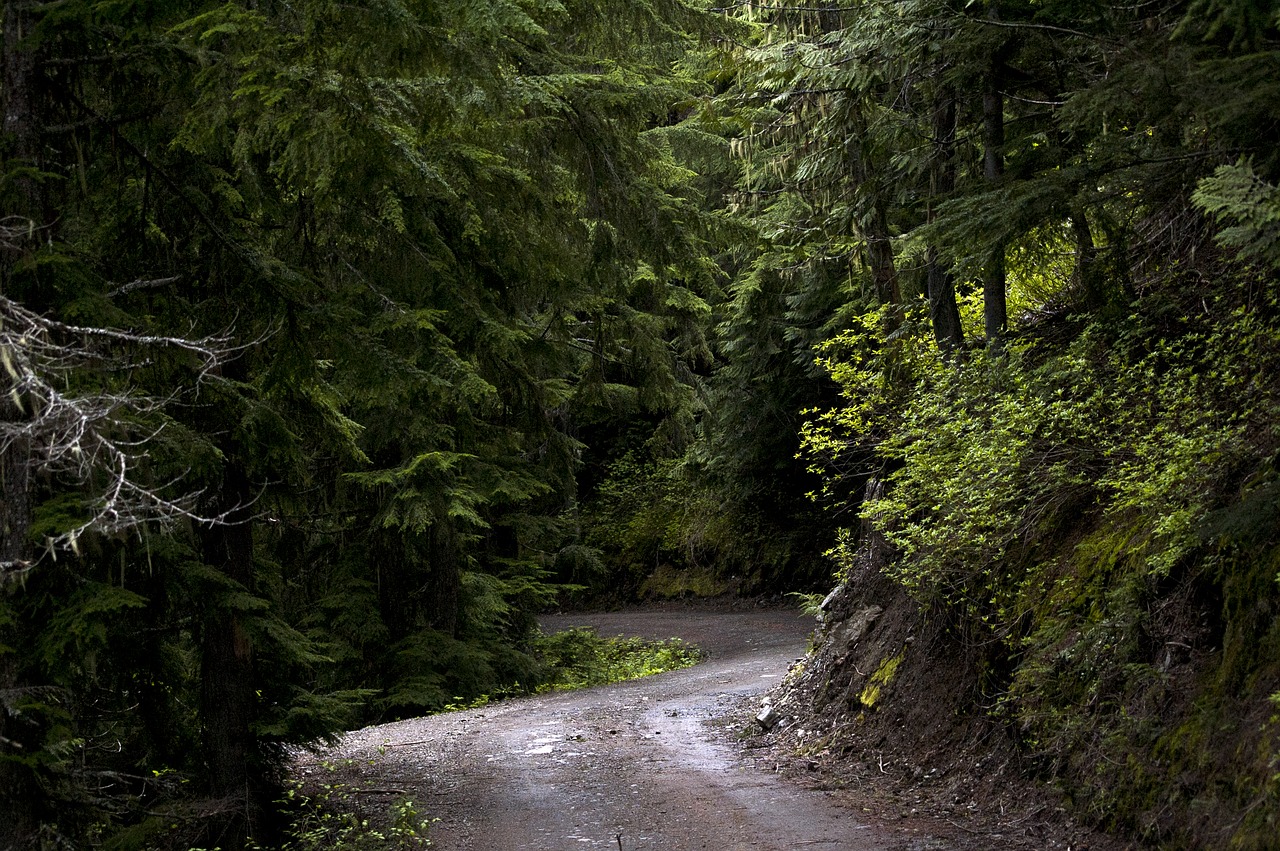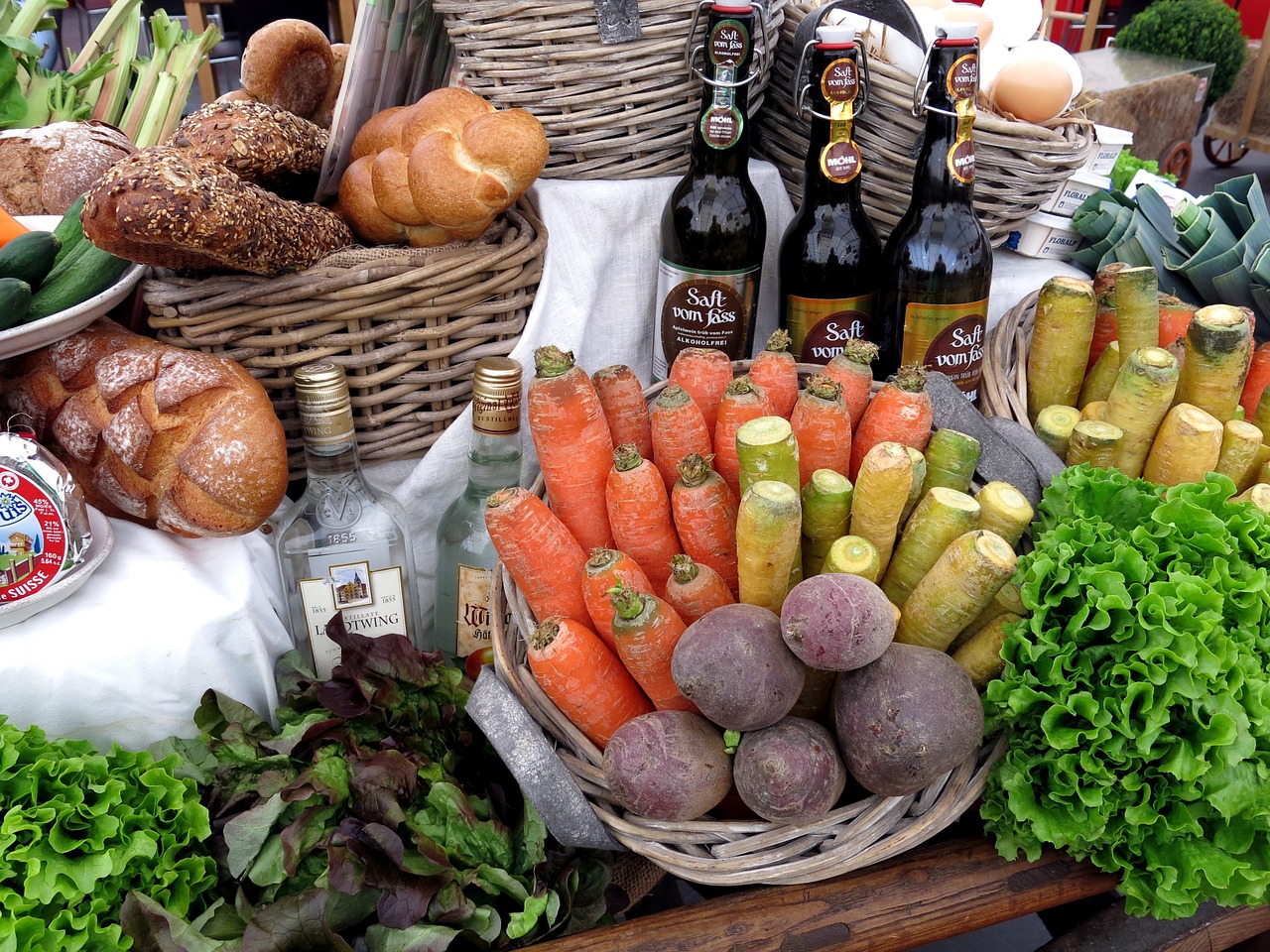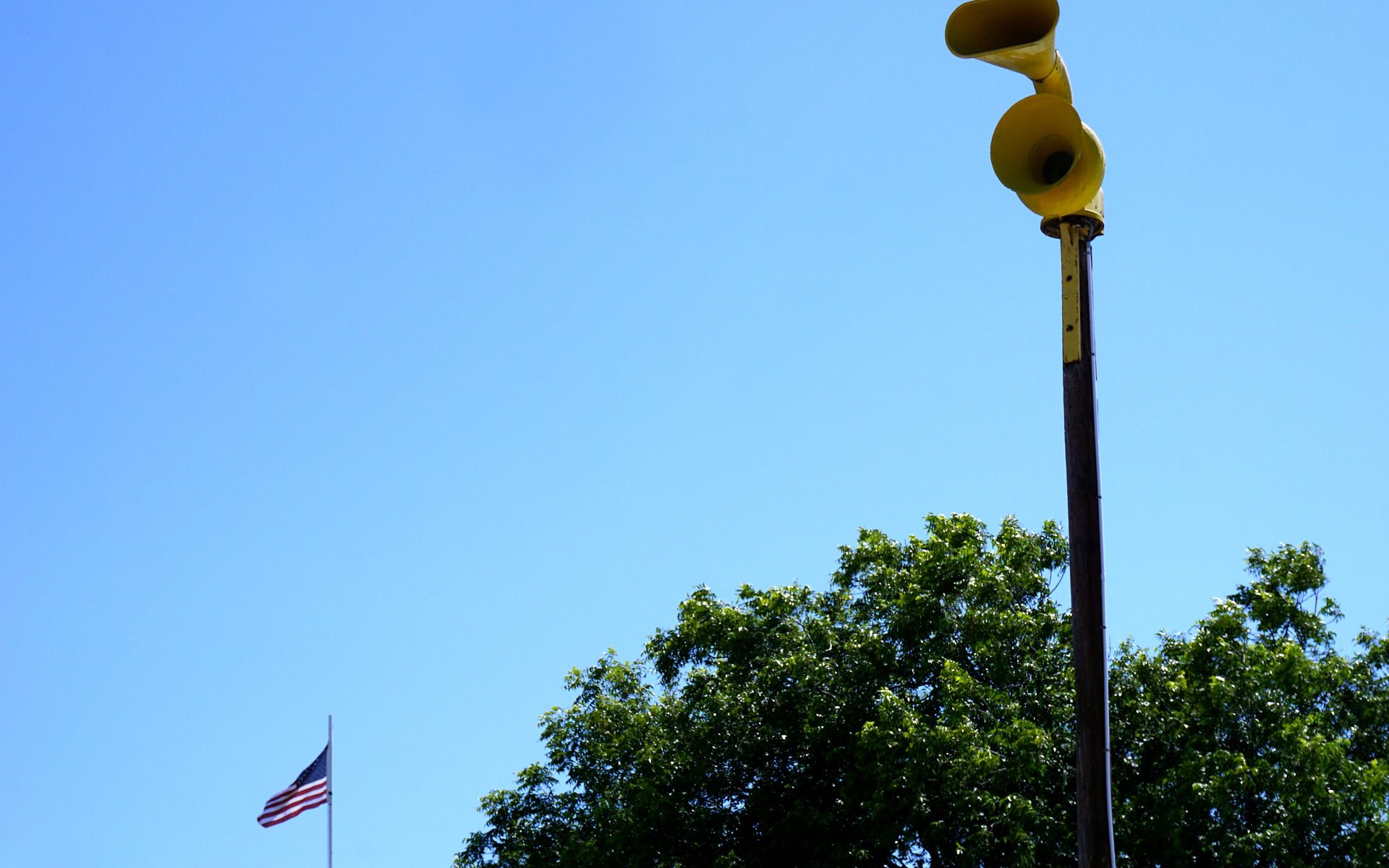A few years ago, I discovered that my debit card had been compromised.
In contacting the companies that were showing a purchase I had not made one reported they had already stopped the charge as their internal security measures had already determined it was fraudulent.
Another company kept passing me from person to person before ultimately telling me unless my bank stood behind me that I would be liable for the charges.
Thankfully, my bank stood behind me.
Sadly, due to the amount of time it took to dialogue with that company, they lost not only money but the goods they went ahead and shipped because they failed to heed my report that the charge was invalid.
Neither company knew me personally.
I would even say my bank did not really know me personally but because I followed all their requested reporting procedures, including filing a police report, they granted my request to stop payment on the faulty charges.
I am thankful that the one company was proactive in recognizing the fraud and my bank was responsive to my claim.
Clearly the first company had better methods of determining fraudulent activity than the other company.
Clearly my bank supported me because I acted responsibly in meeting all their requirements.
Admittedly, the situation could have been significantly worse.
I am thankful my fiscal reputation did not suffer any significant harm from that situation.
What if this had been a more serious attack on my reputation?
What if instead of my reputation being at risk it was God’s reputation under suspicion?
Continue reading “COMPROMISED REPUTATION”










